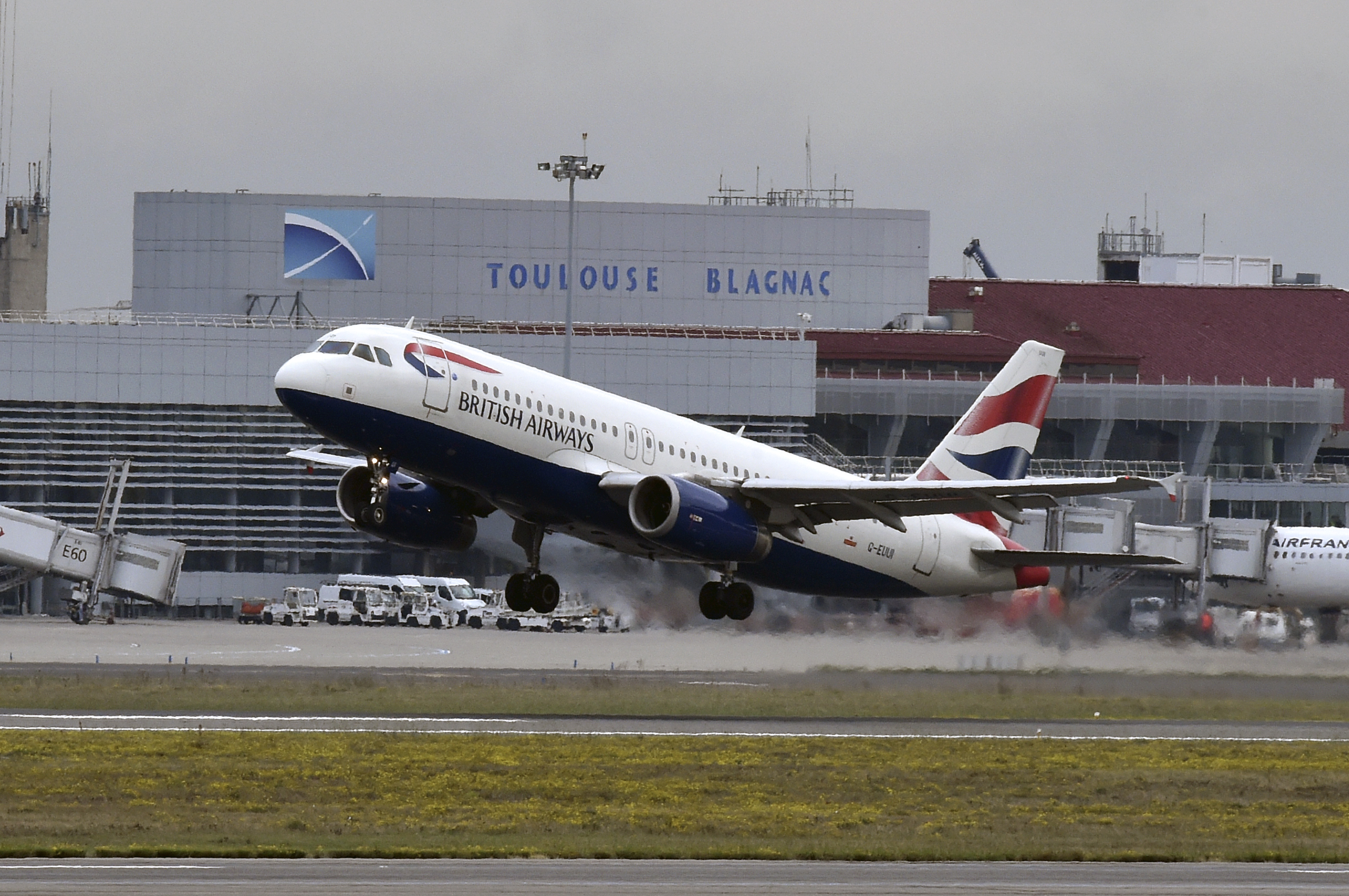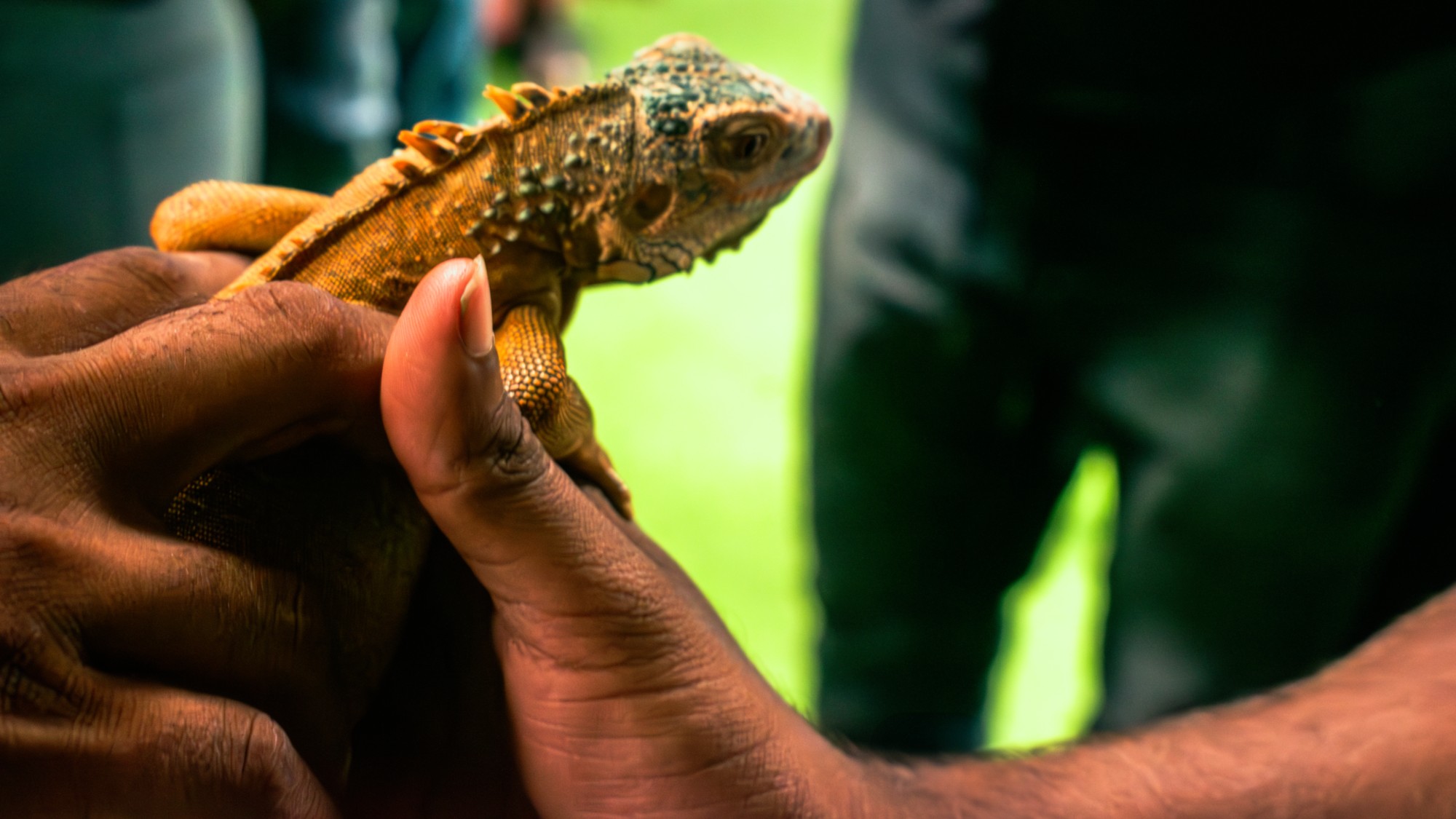Why BA refuses to carry lab animals
Airline facing legal battle over its blanket ban on transporting animals for medical research

A free daily email with the biggest news stories of the day – and the best features from TheWeek.com
You are now subscribed
Your newsletter sign-up was successful
British Airways is facing a legal battle from scientists trying to end the airline’s blanket ban on flying lab animals, according to reports.
The Times says that “although airlines carry animals if they are pets or for zoos, campaigning by animal-rights activists has meant that almost all refuse to take them if they are for medical research”.
Scientists claim that as a result, it is becoming increasingly difficult to secure animals for laboratory research into a host of serious diseases.
The Week
Escape your echo chamber. Get the facts behind the news, plus analysis from multiple perspectives.

Sign up for The Week's Free Newsletters
From our morning news briefing to a weekly Good News Newsletter, get the best of The Week delivered directly to your inbox.
From our morning news briefing to a weekly Good News Newsletter, get the best of The Week delivered directly to your inbox.
The newspaper is backing the scientists, in an editorial that argues: “This research saves lives. Not one major recent breakthrough in treatments for premature babies, cancer, diabetes, cystic fibrosis or Parkinson’s disease would have been possible without it.”
The US National Association for Biomedical Research, a non-profit organisation representing animal researchers, has filed a complaint with the US Department of Transport against BA and three other airlines - United Airlines, China Southern Airlines and Qatar Airways.
The complaint argues that in banning animals bound for labs while carrying others if they are pets or for zoos, the carriers are “breaking rules concerning discrimination”, The Times reports.
Kirk Leech, from the European Animal Research Association, said that over the past decade, there had been a “haemorrhaging” of airlines willing to carry lab animals, because of “potential PR problems”.
A free daily email with the biggest news stories of the day – and the best features from TheWeek.com
“Animal research is a global endeavour,” Leech continued. “They are bred in one part of the world and transported to another. This is a drastic step, but there seems to be no way forward. Airlines have refused to budge.”
BA and the other three companies have until 26 September to respond, before the Department of Transport launches a formal investigation
-
 6 of the world’s most accessible destinations
6 of the world’s most accessible destinationsThe Week Recommends Experience all of Berlin, Singapore and Sydney
-
 How the FCC’s ‘equal time’ rule works
How the FCC’s ‘equal time’ rule worksIn the Spotlight The law is at the heart of the Colbert-CBS conflict
-
 What is the endgame in the DHS shutdown?
What is the endgame in the DHS shutdown?Today’s Big Question Democrats want to rein in ICE’s immigration crackdown
-
 Russia’s ‘cyborg’ spy pigeons
Russia’s ‘cyborg’ spy pigeonsUnder the Radar Moscow neurotech company with Kremlin-linked funding claims to implant neural chips in birds’ brains to control their flight, and create ‘bio-drones’
-
 How roadkill is a surprising boon to scientific research
How roadkill is a surprising boon to scientific researchUnder the radar We can learn from animals without trapping and capturing them
-
 The ocean is getting more acidic — and harming sharks’ teeth
The ocean is getting more acidic — and harming sharks’ teethUnder the Radar ‘There is a corrosion effect on sharks’ teeth,’ the study’s author said
-
 Cows can use tools, scientists report
Cows can use tools, scientists reportSpeed Read The discovery builds on Jane Goodall’s research from the 1960s
-
 Parthenogenesis: the miracle of 'virgin births' in the animal kingdom
Parthenogenesis: the miracle of 'virgin births' in the animal kingdomThe Explainer Asexual reproduction, in which females reproduce without males by cloning themselves, has been documented in multiple species
-
 A rat infestation is spelling trouble for the almond industry
A rat infestation is spelling trouble for the almond industryThe Explainer The infestation has affected at least 100,000 acres in California
-
 Rabbits with 'horns' sighted across Colorado
Rabbits with 'horns' sighted across Coloradospeed read These creatures are infected with the 'mostly harmless' Shope papilloma virus
-
 'Thriving' ecosystem found 30,000 feet undersea
'Thriving' ecosystem found 30,000 feet underseaSpeed Read Researchers discovered communities of creatures living in frigid, pitch-black waters under high pressure